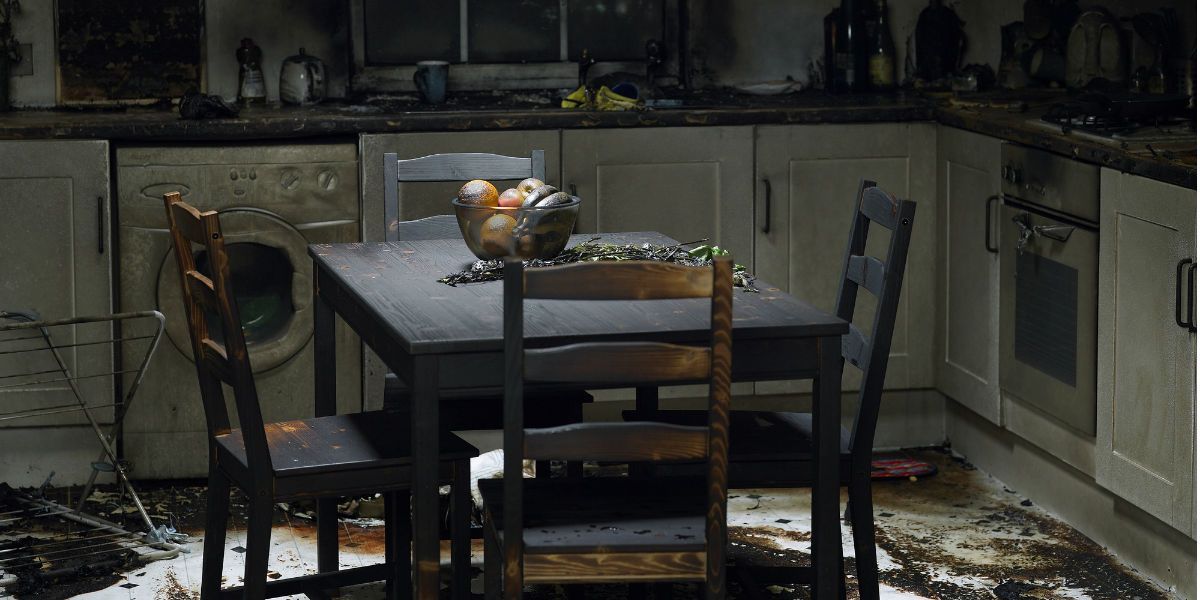By Dave Plunkett
","after_title":"
","widget_id":"widget-0-0-1"}}" />[/siteorigin_widget]One of the most boring, yet critically important things you can do to prepare for any disaster or emergency is to assess your insurance. By reviewing all of your home, health, auto and life insurance, you’ll be ready to face just about anything. When you think about insurance, think about what you need most and then go from there. Discussing the different kinds of insurance with your family will not only demystify the insurance industry, but should increase your coverage while lowering your premiums.

Know Your Types of Insurance
As anyone who has ever shopped for insurance is aware, there are insurance policies for just about everything under the sun. We’ve all heard stories about how Daniel Craig insured his body for $9.5 million or how Bruce Springsteen insured his vocal cords for $6 million, but for most of us, we need to simply insure our homes, lives, cars and boats. The bottom line – you need to review your current insurance at least annually, so you know if you’ve got the right kind of insurance and in the right amounts.
In deciding what kind and amount of insurance you need can be a major headache; there is always someone willing to convenience you to buy more, whether you need it or not. We have compiled a list of important insurance tips that will make shopping for insurance easier and more enjoyable:
- Insurance rates change like the weather, so compare your rates against what’s available annually, if not quarterly.
- Make an accurate inventory for your homeowners policy and be sure to update it with any major purchases you make during the fiscal year. Be sure to include upgrades as well, like if you go from a 32” television to a 60”, etc.
- Have your agent(s) check to see if you qualify to bundle your policies. Most companies will offer lower rates if you bundle your car and home owner’s policies, etc.
- If your life changes thru marriage, births, etc., let your insurance company know so they make any adjustments you need for complete coverage.
- Make sure your disability and life insurance keeps up with your income. Major raises need to be reflected in your insured value.
- Don’t let increased home values pass you by – update your policy to reflect upticks in housing values in your neighborhood.
- Does your age qualify you for any discounts? Some policies offer discounts for various ages, starting as young as 25 and continuing through your 60’s.
- Have the right coverage for your needs. If you live in an area that has flooded, make sure you’ve got flood insurance. Same with earthquakes and tornadoes. Unfortunately, most people who live in areas affected by floods, hurricanes and earthquakes can have real problems in Replaceing any carrier that will issue them a policy. If you can’t Replace private flood insurance, go to the government’s National Flood Insurance Program.
- Videotape your possessions. If you ever need to file a claim for damages, nothing speaks better for your investments than videotape.
- Finally, comparison shop. The insurance business is a very competitive one, especially for auto insurance. Do your due diligence and compare rates. Don’t take the first bid you receive, shop around and get the most for your money.
After you have decided on the amount and the carrier for your insurance needs, share your policy information with your family. They need to know where your policies are and what they pay for should anything happen to you. You should also make copies of your policies and keep them in a safe place or in multiple safe places.
And while you are thinking about insurance, don’t neglect to deal with your best insurance investment – emergency food and water supplies. Every family needs to start and maintain at least a 2-week supply of emergency necessities, including long-term emergency foods and water and some critical disaster gear that will see your family through any calamities. To learn more about how to set up your own emergency pantry, click HERE.

